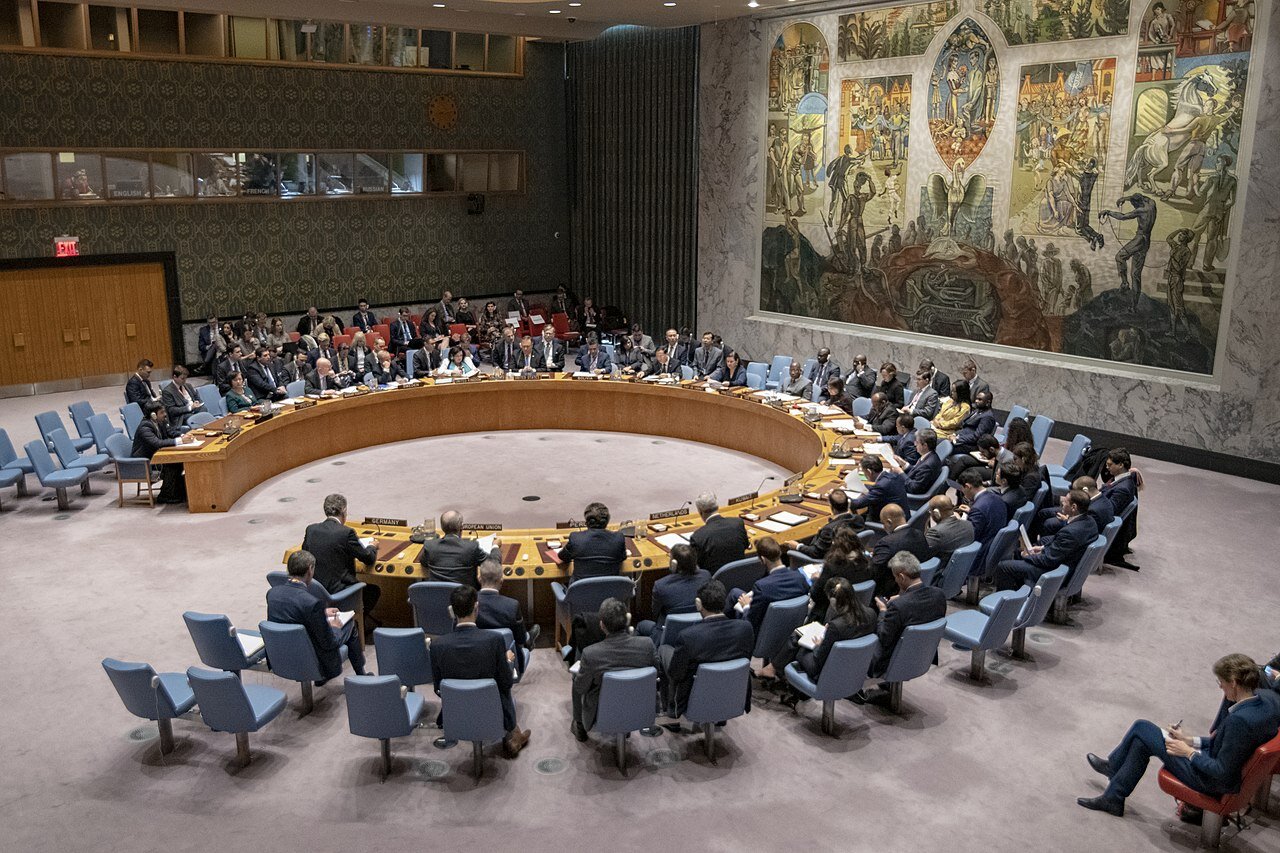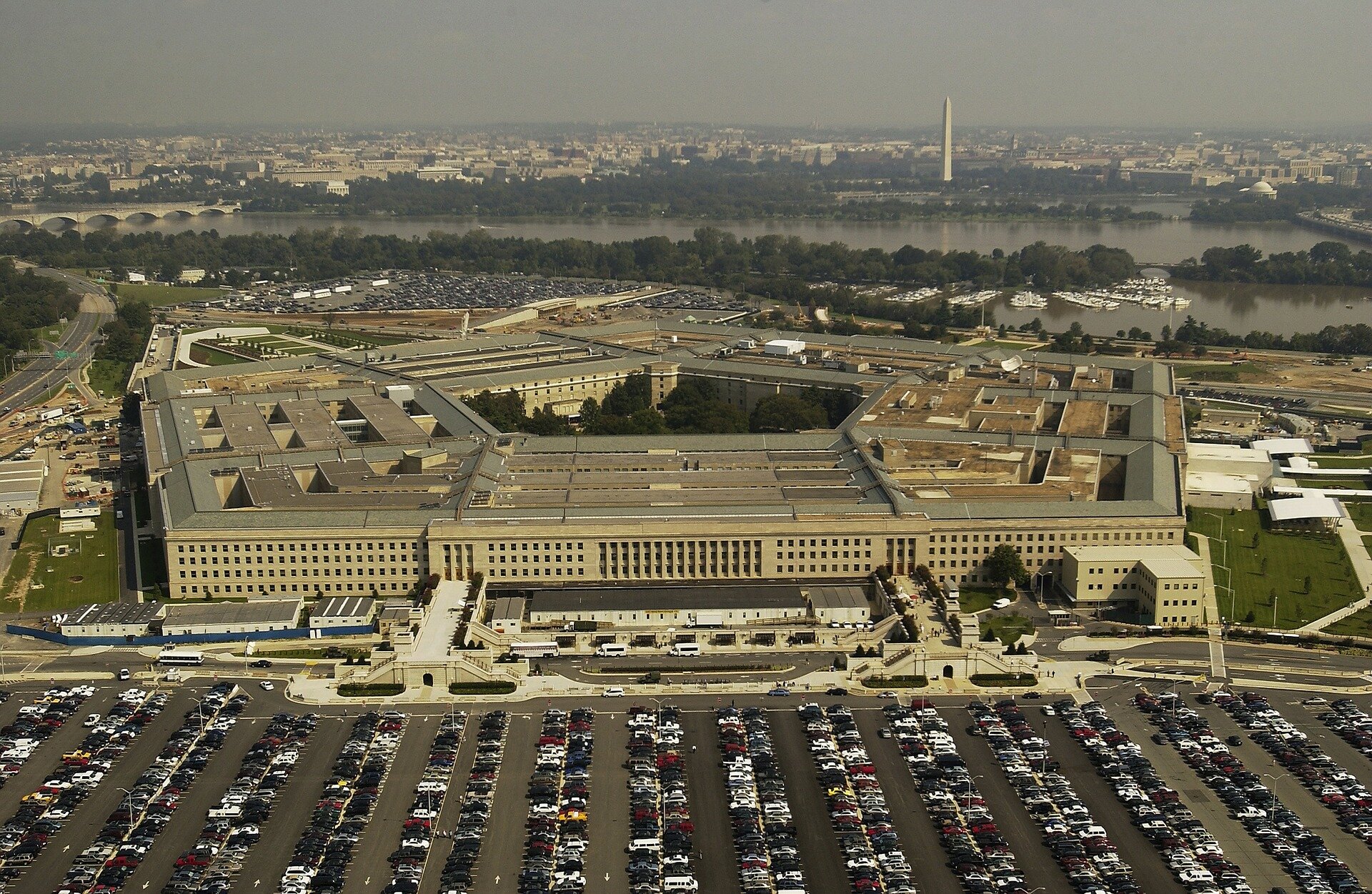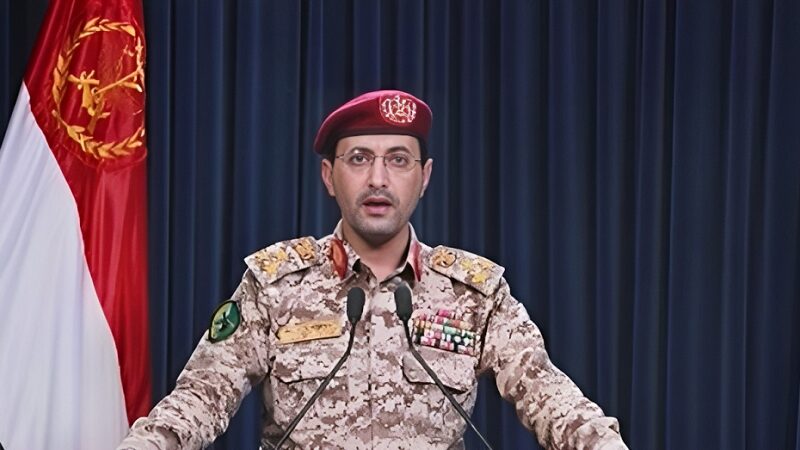NEW YORK CITY, U.S. September 2018. PICTURED: Sec. of State Mike Pompeo attends a meeting in the United Nations Sec. Council on Iran.
WASHINGTON D.C. Thursday August 19th, 2020. After the U.S. could not manage to extend the UN-enforced arms embargo on Iran, President Trump announced they will use the “snapback” clause in the 2015 Joint Comprehensive Plan of Action (JCPOA) to unilaterally reapply the sanctions without the approval of the rest of the UN Security Council.
The JCPOA, also called the Iranian nuclear deal signed by former President Obama, included a clause that, upon activation, would ensure the arms embargo would remain imposed upon Tehran should the U.S. feel she is not holding to her part of the agreement by limiting uranium enrichment.
The clause prevents any other parties to the treaty from vetoing the decision in the UN Sec. Council, but it’s unclear whether or not the council will listen to Washington, since the United States formally withdrew from the treaty.
“Two years ago I withdrew the United States from the disastrous Iran nuclear deal, which was a product of the Obama-Biden foreign policy failure — a failure like few people have seen in terms of the amount of money we paid for absolutely nothing and a short-term deal,” Trump said.
Today Trump and Sec. of State Mike Pompeo will travel to New York City to present the case for the controversial diplomatic move in the UN headquarters after winning just 1 yes vote in the Sec. Council last week; with China and Russia both opposing, and 11 other members abstaining.
China’s Ambassador to the Sec. Council Zhang Jun said that the vote “…once again shows that unilateralism receives no support, and bullying will fail,” while Pompeo noted the “failure to act decisively,” as “inexcusable”.
Having your cake…
The decision to invoke the snapback function comes as Trump has failed to drum up support for the reimposition of the arms embargo even among close allies like France and Britain, who oppose the sanctions.
Other members on the Sec. Council argued the U.S. had no right to involve itself any longer in the Iranian Nuclear Deal as she is no longer party to it. The Trump Administration maintains that as an original member of the treaty, they reserve the power to invoke different parts of the deal.
There would certainly never have been any sort of deal if Tehran saw in writing that the U.S. would retain full control over the punitive measures it contained even if they broke their part of the agreement or threw it out altogether, but that is essentially what the administration is arguing.
Throughout 2019, tensions with Iran mounted with each passing month it seemed, with the Trump Administration applying “crippling economic sanctions,” and Iran doing what it could to resist.
One of these ways included doing her best to maintain her commitments to the JCPOA, including keeping uranium enrichment levels for her nuclear energy program limited to those agreed upon in the deal, even as oil revenues went the way of the Hindenburg.



